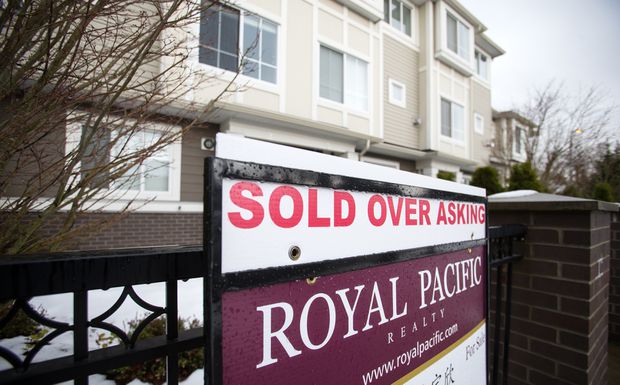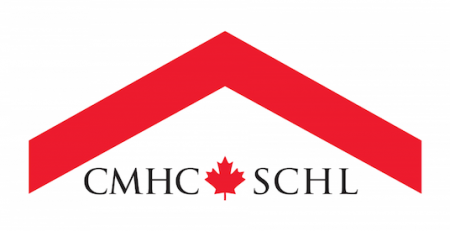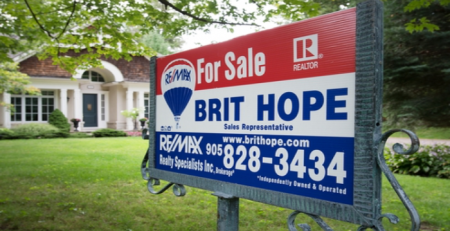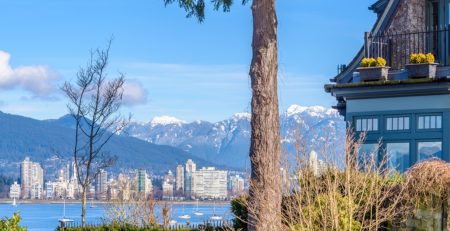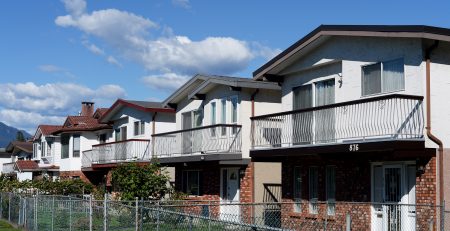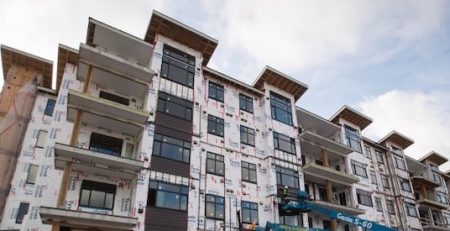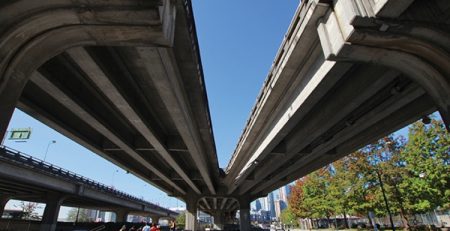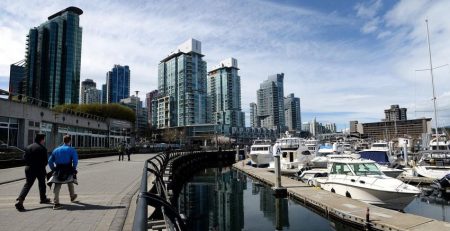Armed with new data, B.C. set for crackdown on tax evasion in Vancouver property market
[Globe and Mail – December 11, 2019]
Government policies aimed at reducing speculation in Vancouver’s property market have worked to curb foreign buying and speculative demand. That was merely part one, says high-profile immigration lawyer and analyst, Richard Kurland, who’s been studying the impact of those policies.
“Part 1 was putting the machine together,” Mr. Kurland says. “Part 2 is using the machine to go after tax evaders in the Vancouver property market. At the end of the day, we are going to know who owns what, and for every year. We never had that capability before.”
For 2020, he says we should expect to see those policies put to use to flush out buyers that have been failing to declare global income, as well as speculators who’ve been dodging their fair share of capital gains tax. Speculative buying in recent years has driven up prices for local income-earners and shut them out of the market.
But the new collection of income tax data and identification of property ownership allows government to cross-reference with Canada Revenue Agency, Mr. Kurland says. The data, combined with recent changes to Quebec’s Immigrant Investor Program (QIIP), will have the effect of softening Vancouver’s high-end property market even further, the Vancouver-based lawyer says.
He adds that we shouldn’t expect another wave of buyers from Hong Kong who might be seeking refuge from current conflicts with Beijing.
Mr. Kurland says that people holding high-end properties who haven’t been transparent about worldwide income may choose to unload those properties instead of face an audit, bringing more supply onto the market.
“That’s how you get these multi-million dollar homes that are barely occupied,” he says. “Under the old way, if you had six of them, you declare each one as your personal residence. For each one you say, ‘I’m resident here for income tax purposes and I don’t have to pay capital gains,’ when in fact, none of the above is true. They are not income tax residents, so they [are not allowed] a capital gains exemption and it’s not their principal residence. But no one checked. It was an honour system. But no longer.
“So the multiple property holds are now all subject to this new game. Their choice now is, ‘How do I unravel my holdings without taking a bath?’”
The move that has had the biggest impact on regaining control of B.C.’s property market has been the province’s Speculation and Vacancy Tax (SVT), Mr. Kurland says. He calls it a “triple play.” The tax will continue to play a crucial role because it collects information on whether the property owner is a resident of Canada, if they are paying any income tax here and if they are using a property as a principal residence. In the past, declarations were based on the honour system. A multiple property owner could say that they were the principal resident of each of their properties and claim the capital gains tax exemption, he says. However, the SVT declaration form, which includes a trove of useful information, such as social insurance numbers, is a game-changer, according to Mr. Kurland, and other policy experts.
With tax residency information in hand, and all of a person’s property addresses available, those owners can no longer claim principal residency for each property.
As well, Mr. Kurland says, government now has the capability to look back several years into a property owner’s record and question them on previous declarations about principal residency.
“Here is the thing: now that it’s possible to engage in data matching and run enforcement algorithms by CRA [Canadian Revenue Agency], we now enter the era of the audit for Vancouver property. It’s big,” he says.
In September, the provincial government announced that the tax was clearly working to curb speculation. It had generated $115-million so far, with two-thirds of those taxpayers classified as foreign owners and satellite families.
Mr. Kurland also gives the City of Vancouver kudos for its Empty Homes Tax, which will go from 1 per cent on empty homes to 1.25 per cent next year. The City has pulled in about $40-million in revenues from the tax and Mr. Kurland says those are just the people who got caught in the first year.
Other new policies this year will also impact Vancouver, he says.
“At the same time, you have had a shut down of intake of new immigrant investor cases from Quebec. They paused the whole program for a year.”
The federal government cancelled its immigrant investor program (IIP) in 2014 after determining that it wasn’t of benefit to Canada. The idea was to attract wealthy business people from abroad to invest in Canada, allowing wealthy immigrants to apply for permanent residency in exchange for handing over an interest-free, five-year loan of $800,000 to the government. However, Quebec continued to run its own IIP, requiring loans of $1.2-million in exchange for permanent residency. And although the applicants are supposed to settle in Quebec, data overwhelmingly show they are using the program as a back door to Vancouver and Toronto. Mr. Kurland found that at least 95 per cent of the applicants were residing outside of Quebec.
The Quebec program is now on pause until next July. There is a backlog of around 20,000 people awaiting their applications for permanent residency to be processed. With heightened concern that the vast majority of applicants are not remaining in Quebec, Mr. Kurland says applicants are now facing new scrutiny, such as whether they own property, or have relatives elsewhere in Canada.
Although it was expected, another major boost to housing policy this year was the province’s win against a class action suit that claimed the tax discriminated against Asian immigrants and was unconstitutional. Simon Fraser University director of the City Program, Andy Yan, submitted a report on behalf of the province. He cited the global wealth phenomenon that drives property prices around the world and the negative impact it has on local citizens. As a consequence, the price of housing, he says in the report, has decoupled from local incomes. Justice Gregory Bowden ruled in favour of the provincial government.
It’s an important precedent for a tax that is gaining favour, says Prof. Yan. Prime Minister Justin Trudeau campaigned on a promise to launch a one-per-cent surtax on homes owned by non-resident non-Canadians.
Josh Gordon is an assistant professor at the School of Public Policy at Simon Fraser University, and he too has been a long-time advocate of regulation around foreign buying. As a policy analyst, he is a fan of both the foreign buyer tax and the SVT because of the impacts those taxes had on the market, and also because the SVT, in particular, forces transparency of tax residency.
Now, he wants to see the tax revised so that properties that are owned by foreign owners or satellite families are not exempt if they contain secondary suites. Currently, foreign property owners can claim exemption if they have a secondary suite on the property rented out.
“That exemption should be eliminated,” Dr. Gordon says. “The purpose of the tax was to discourage foreign ownership and to encourage those who own based on foreign income or wealth to pay their fair share of taxes. The purpose of the speculation component of the tax wasn’t to create foreign landlords, or satellite families [that have] secondary suites.”
Dr. Gordon says that the introduction of the SVT correlates with a sharp turnaround in the market, so it appears to have had an impact. He wants that impact to continue.
“The concern now is that with some of these exemptions existing, will people who want to skirt the purposes of the tax be able to? And if that’s the case, then the effectiveness of the tax will diminish.”
As to whether Hong Kong’s conflict with Beijing could cause passport holders in that city to return to Vancouver – and trigger another wave of property buying – Mr. Kurland doesn’t see it happening any time soon. He examined applications from Hong Kong for different kinds of sponsorships, work permits and study permits, and he couldn’t find any increases in people applying for entry.
“It was zero, across the board, and the data was as current as September,” he says. “I was flabbergasted. They are not coming. They aren’t even applying to come here.”

